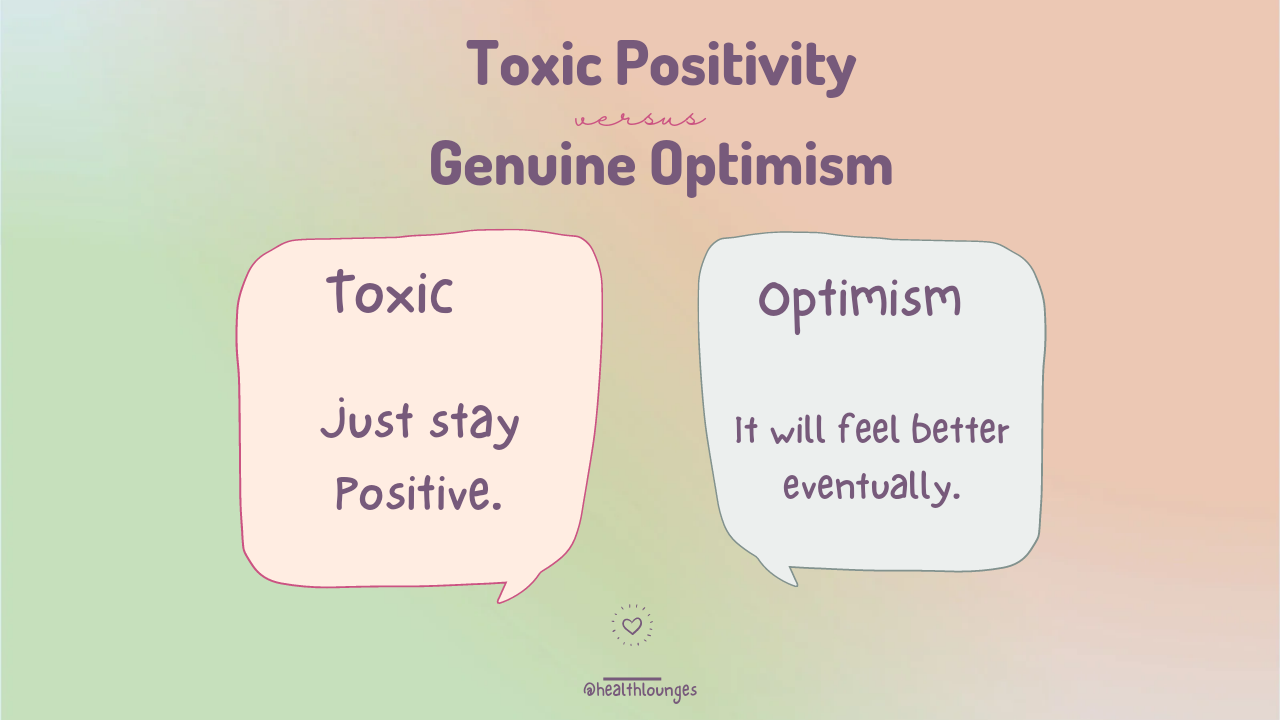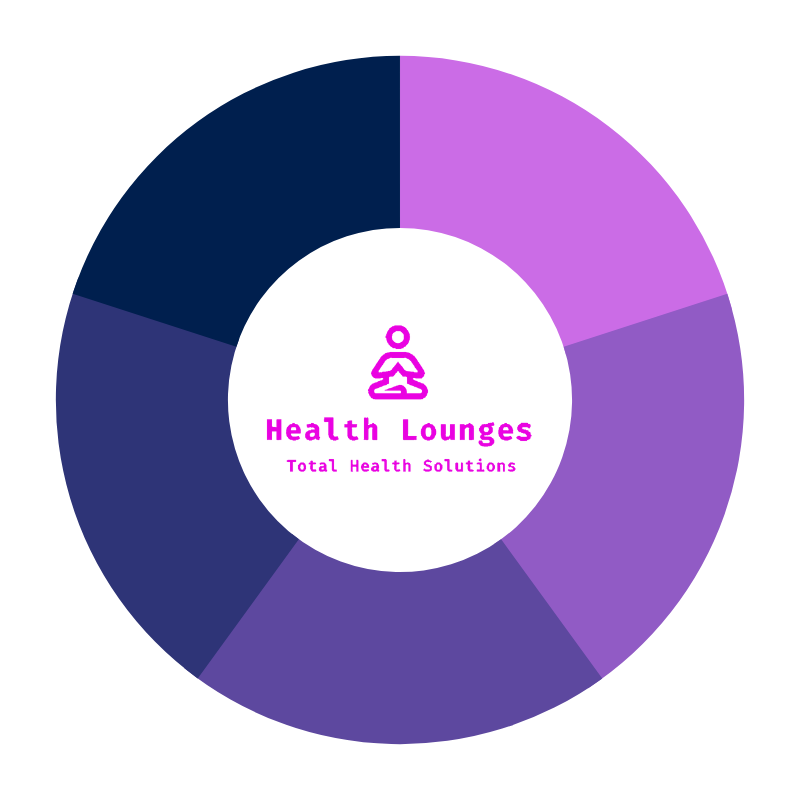Is toxic positivity holding you back?

“Everything’s Fine!
True story from one of our colleagues.
It’s about his friend, Avinash.
A few years ago, Avinash’s wife passed away at 39. The couple had two young daughters, and Everything about it was tragic.
But Avinash at least had a strong support network, including a group of three close friends who regularly checked in with him—and with each other.
A few weeks after the memorial service, our colleague was texting Avinash, asking how he and his girls were doing.
Avinash’s three-word text reply:
“All good, brother.”
‘Hmmm…,’ thought our colleague. That response sounded a little “sus” (as the kids say).
He probed a bit but didn’t push.

When he shared the exchange with the other guys, the person who knew him best—Avinash’s best friend since grade school—confirmed our colleague’s gut feeling.
“‘All good, brother,’ means ‘All not good, brother,’” he said.
They didn’t have a term for this at the time, but they could all see what was happening.
It’s called toxic positivity.
Toxic positivity occurs when you aren’t comfortable with difficult emotions such as anger or grief and don’t permit yourself to experience or discuss them (“good vibes only”).
For instance:
- I feel fine! Things are great! Keeping busy! (When things are not okay or excellent.)
- They’re in a better place now. (After someone dies.)
- There is plenty of fish in the sea! (After a breakup.)
- I hear people with cancer feel more zest for life! (When someone’s just been diagnosed with cancer.)
“When it’s not authentic, positivity can intensify the stress we experience,” says Dt. Mohit Mittal, author of Recovery, Sleep, and Stress Management program.
That can have a negative effect—either directly or indirectly—on every area of your life, from your mental health to your relationships to your ability to practice healthy behaviors.
Plus, slapping an “IT’S FINE” label over Everything can block us from recognizing problems, stopping us from solving them.
Of course
Positive thinking itself isn’t wrong.
Take the belief you can deal with and learn from the many complications life throws your way. That can help you feel capable, resourceful, and strong and lead to growth.
We encourage that!
Toxic positivity, however, generally leads to stagnation.
You’re not moving through challenges with courage and vulnerability.
Instead, you’re getting stuck in “Everything’s okay! I don’t have to deal with that because it’s not a problem! I swear!”
Signs Toxic Positivity Is Keeping You Stunted
1) You don’t permit yourself to experience or discuss difficult emotions such as anger or grief.
2) Repressed negative emotions seem to leak out in other ways: muscle tension, disappearing wine bottles, disproportionate explosions of rage when you can’t find your keys.
3) You feel guilty or ashamed whenever you experience a negative emotion like frustration or sadness. (“I have no right to handle this. My life is okay, and so many other people are suffering.”)
4) You feel uncomfortable when people around you are suffering, so you say things like, “just look on the bright side.”
What You Can Do About It
1) Pay attention to your entire range of emotions—especially the uncomfortable ones you wish you didn’t have to experience.
2) When you notice a negative emotion, name it. That can be as simple as saying (out loud or inwardly): “I’m feeling angry” or “I’m so lonely right now.”
3) Notice how that feeling lives in your body. Are you feeling restless? Is your jaw tight? Face hot? Are tears poking at your eyes?
4) Be curious. Is there something important or valuable the emotion is trying to tell you? If the feeling had a voice, what would it say?
5) See if you can welcome—or at least feel a little softer towards—the feeling as a necessary and everyday life experience that’s neither good nor bad.
It’s a process, to be sure.
But recognizing and working your way past toxic positivity can help relieve hidden stress that’s making life more challenging and holding you back.
Want to learn more ways to help yourself improve your physical, mental, and emotional health? Check out our Recovery, Sleep, Stress Management Coaching Program
-Until next time,
Team Health Lounges

